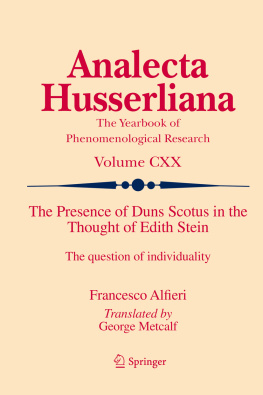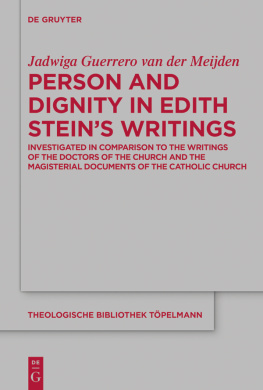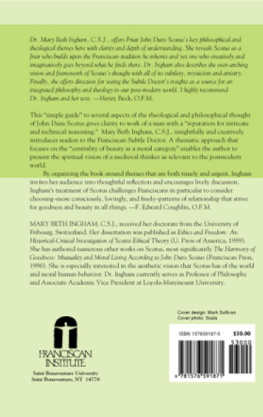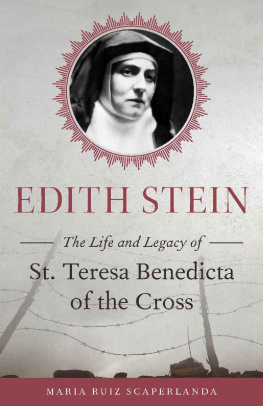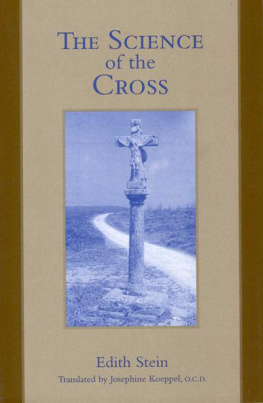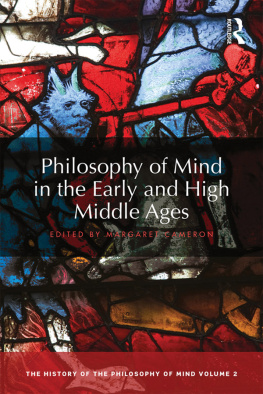1. Introduction
An introduction provides an opportunity to explain, albeit just in outline, the elements which first and foremost from a scientific point of view made this study possible. Themes linked to philosophical anthropology, above all the principle of the human person and individuality, were the object of research by numerous twentieth-century philosophers, from those associated with neo-Aristotelianism which was to develop into the hermeneutic currents of existentialism such as Gadamer and Buber, to those linked to neo-Thomism. The field also includes authors associated with the reassessment of political philosophy, such as Hannah Arendt, who is the author of classics on political philosophy that may be considered just as valid for their contribution to anthropology, since the problem of individual liberty and the primacy of personal space is at the heart of the reflections contained in works such as Vita Activa or The Life of the Mind . It even includes authors that sought to establish the democratic foundations of libertarianism , such as Nozick. Among these authors, reflection on (and thus the centrality of) the human person and individuality is a constant characteristic.
This cultural climate affecting twentieth century philosophy, particularly the need to clarify the ultimate assumptions regarding the human person and individuality, was shared by Edith Stein. With Aristotelianism and Thomism as her main points of reference, she succeeded in retrieving, from outside these traditions, important suggestions and themes associated with other currents of medieval philosophy, grafting them on to the ontological-formal and gnoseological corpus of Edmund Husserls phenomenology.
Just over 20 years ago, the field of Italian philosophical studies saw the start of a new season of research into the writings of Edith Stein, a disciple of Edmund Husserl whose existential and spiritual journey was by then well-known. In fact, thanks to Angela Ales Bello, founder of the Rome-based Italian Center of Phenomenology, it had been possible to discuss and conduct research into Steins intellectual contribution since the 1970s, due to her forward-looking decision to produce a critical edition of the works of Edith Stein at a time when she was still virtually unknown in Italy. Angela Ales Bellos long process of reflection was to culminate in 1992 with the publication of Fenomenologia dellessere umano. Lineamenti di una filosofia al femminile , which enabled scholars and researchers to learn about the female exponents of phenomenology who had graduated from the Husserl school during the masters teaching in Gttingen, such as Hedwig Conrad-Martius and Edith Stein, and later, in Freiburg, such as Gerda Walther. Ales Bellos book and my frequent theoretical conversations with the author have influenced my own intellectual development and the studies contained in this thesis.
Generally speaking, this study seeks above all to address an issue that appears to me to have been neglected in Steinian studies, both in Italy and elsewhere (with very few exceptions, such as the work of Angela Ales Bello who are cited in this study). With reference to historiographical reconstruction, the question of the person and individuality in the work of Edith Stein has always been considered by scholars and commentators in terms of a continuity with Aristotle and Thomas Aquinas. Obviously, Steins writings contain many references, indeed whole chapters, in which the relationship with the Aristotelian-Thomist school is very strong. But from my point of view, historiographical studies on this theme fail to give sufficient emphasis to two important aspects: firstly, Steins contacts with these two great philosophers were mainly mediated by secondary sources (with the exception of De Veritate by Thomas Aquinas and certain works by Aristotle, such as Metaphysics ); secondly, and more importantly, Steins interest in the tradition of Thomist-Aristotelian thought was no more intense or productive than the relationship that she sought to establish with Duns Scotus, although here too, she does not appear to have always had access to original and primary sources.
It was decided therefore to address this clear gap in the Italian and international historiographical tradition. With specific reference to the present question, identifying what may rightly be termed the Scotist convergences in Steins works was thus held to be indispensable. The chosen point of reference here is Finite and Eternal Being , and specifically chapter VIII, which clearly represents the culmination of a whole series of reflections to be found throughout her works, starting with On the Problem of Empathy , written in 1916. These Scotist influences are reconstructed by means of a reverse process, of which Chapter VIII of Finite and Eternal Being represents the starting point. This process is not always linear, and is made even more difficult by the fact that at first sight it is Thomist works that appear to have pride of place in Steins research. Indeed, Thomas Aquinas and Aristotle initially seemed to constitute the doctrinal boundaries within which Steins phenomenological research into the problem of individuation should be interpreted. However, as was evident even to Stein herself, more detailed phenomenological analysis led her quite naturally to a closer and closer comparison with the thought of Doctor Subtilis . Obviously Scotist themes are not merely transposed or accepted acritically by Stein. Indeed, we have just spoken of convergences towards Scotist doctrines, by which we mean that Stein was able to interpret the phenomenological method in a highly original way by applying it to the themes of medieval metaphysics. Drawing ideas, knowledge and theoretical results from both traditions, she was able to conduct, while working within the phenomenological tradition, an analysis of the question of individuation that was characterised by absolute originality. This originality was to objectively make the author one of the most important figures in twentieth century philosophy, especially with regard to anthropological issues.
Among other things, this study seeks to show that the distinctive value of Steins work lies in the fact that from the very start it was collective : her work is everywhere full of comparisons and references to other authors, who, in the spirit of Steins research, are fundamental to the journey that leads to the truth. The method learnt in Husserls school consisted of work that was absolutely alien to forms of pure soliloquy. Husserl himself invited his pupils to follow given lines of research in such a way as to make them converge towards a sort of compensation chamber in which they would be reassessed, reorganised, discussed and revised under the aegis of the immer wieder that was the key aspect of Husserls method. His pupils, which included Hedwig Conrad-Martius, Alexander Pfnder, Max Scheler, Jean Hering, Alexandre Koyr, Gerda Walther etc., were forged in this collective spirit, which shaped their way of working to the point that it enabled them particularly Stein and Conrad-Martius to follow the principle of epoch and phenomenological reduction with regard to archaeological excavations that were not directed, as in Husserl, purely and exclusively towards the vastness of the Transcendental Ego, but also towards the contributions of the medieval tradition.
This collective spirit in the research of the phenomenologists has been highlighted by Angela Ales Bello, who considers it to be a defining feature of the discipline. And, over 40 years of research, she has succeeded in transmitting this same spirit of collective collaboration to her own students Italian and foreign at the Center of Phenomenology in Rome. Indeed, as Ales Bello herself argues, an interesting characteristic of our women philosophers, and more generally of the philosophical circles that were created around Husserl, is the way they conduct their research, research that is not only individual, but truly collective, as all research into what is true should be.

